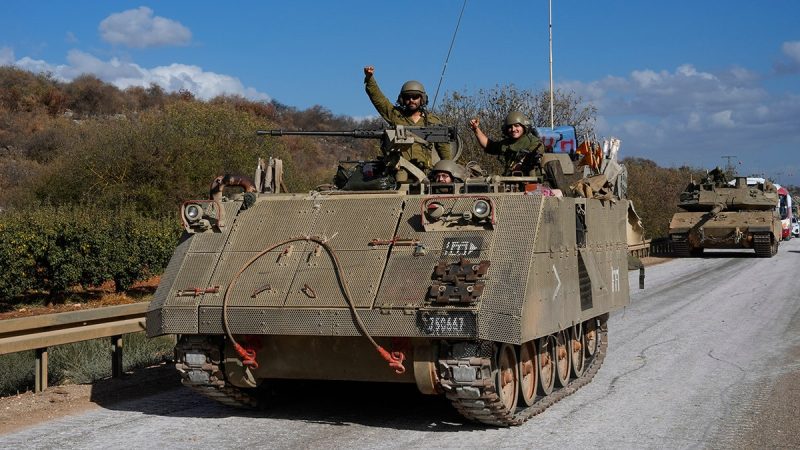In the chaotic landscape of the Middle East, geopolitical tensions have reached a boiling point, with the Israel-Iran conflict taking center stage. The events unfolding one year after 10-7 have unveiled a complex web of power struggles and shifting alliances, leaving both nations teetering on the brink of outright war. As Iran finds itself on the losing end of this deadly game, Israel must navigate a delicate path forward to secure peace in the region.
Central to this unfolding drama is the ongoing proxy war between Israel and Iran, with each side vying for dominance and seeking to expand its sphere of influence. The events of 10-7, which saw a series of escalations and targeted attacks, have only served to exacerbate existing tensions and push the two nations closer to open conflict. For Iran, the repercussions of its aggressive actions have been significant, resulting in international condemnation and a weakening of its strategic position in the region.
Meanwhile, Israel has been thrust into a precarious position, forced to navigate the treacherous waters of regional politics while also addressing internal divisions and concerns. The specter of a full-blown conflict looms large, with the potential for devastating consequences for all parties involved. As the balance of power continues to shift, Israel must tread carefully to avoid being drawn into a larger regional conflict.
One of the key challenges facing Israel in its quest for peace is the complex nature of its relationship with Iran. While both nations have legitimate security concerns and interests, the deep-seated animosity and historical grievances between them have fueled a cycle of violence and mistrust that shows no signs of abating. Addressing these fundamental issues will be crucial in paving the way for a lasting peace in the region.
In addition to the Israel-Iran conflict, other regional players and factors are also at play, further complicating the situation. From the actions of Hezbollah in Lebanon to the involvement of Russia and the United States, the volatile dynamics of the Middle East present a myriad of challenges for all involved. Finding a sustainable path forward will require a delicate balance of diplomacy, strategic maneuvering, and a commitment to dialogue and de-escalation.
As Israel grapples with the fallout of 10-7 and the shifting sands of regional politics, the imperative of securing peace has never been more pressing. Through a combination of strategic foresight, diplomatic engagement, and a commitment to dialogue, Israel can play a pivotal role in defusing tensions and fostering stability in the region. Ultimately, the path to peace will require courage, leadership, and a willingness to confront the difficult realities of the region. By embracing these principles, Israel can chart a new course toward a more secure and prosperous future for all.

